Types of Insurance Coverages
There are several forms of insurance coverages that we can secure for our injured clients. They range from a property owner’s insurance coverage, the at-fault driver’s insurance coverage, our client’s own insurance coverage, or even a family member’s insurance coverage that the client lives with. Each available coverage has its limits (policy limits). Below are the most common forms of insurance that are normally available for our clients.
Liability Insurance
Liability Insurance is the insurance coverage that the at-fault driver will have to cover your injuries and medical bills. Texas requires that each driver carry a minimum bodily injury insurance coverage of $30,000 for each person or $60,000 for each accident. Under this coverage, the most one individual is able to obtain from a car through the liability insurance is $30,000. The most the insurance will pay for the entire car accident will be $60,000, regardless of how many individuals have been injured because of their insured’s negligence. A 30/60 policy is the bare minimum that Texas requires. Insurance companies routinely offer and sell much higher coverages. Commercial vehicles typically carry much higher liability coverages than the required minimum. Further, commercial buildings/premises also usually carry higher limits.
There may be two or more liability coverages that we are able to go after. For example, if a vehicle was driven by someone that is not the owner, we may be able to go after the personal liability insurance for the driver as well as the liability insurance of the owner of the vehicle.
Liability Insurance also includes coverages for property damages. Texas requires a minimum of $25,000 for coverage solely intended to repair any property damages their insured causes. This is the per accident amount that they will pay. Again, insurance companies do offer higher coverages for property damages.
Uninsured/Underinsured Insurance
Uninsured/Underinsured is insurance coverage that our client’s may have under their own insurance policy. This form of insurance coverage is not a requirement under Texas Law. Uninsured coverage will apply if the at-fault driver did not have insurance at the time of the accident. Underinsured coverage will apply if your injuries and damages are so severe that the insurance coverage of the at-fault will not fully compensate you for your injuries and damages.
Although Texas does not require this form of coverage. Texas does require that every individual covered by auto insurance be given the opportunity to receive this form of coverage. It is mandatory that an individual reject this coverage by signing a document specifically rejecting uninsured/underinsured coverage. If the insurance company cannot provide the signed rejection, then the insurance company must provide uninsured/underinsured coverage of at least 30/60.
Personal Injury Protection (PIP)
Personal Injury Protection (PIP) is insurance coverage that our clients may have under their own insurance policy. This insurance coverage is also not required under Texas Law. This form of coverage will provide benefits for medical bills and lost wages even if you are at fault for the car accident. The most common amount of PIP coverage in Texas is $2,500 per person. Like uninsured/underinsured, Texas requires an individual to reject PIP coverage. If an insurance company cannot find the signed rejections they must provide at least $2,500 in PIP coverage.
PIP is not subject to subrogation. This means that if you accept PIP benefits from your own insurance, you do not have to pay your own insurance back in the even that you collect from the at-fault insurance company.
Medical Payment (MedPay)
Medical Payment (MedPay) is similar to PIP coverage except that is only covers medical expenses and not lost wages. MedPay is not required in Texas and it is also not required to be offered to an individual when purchasing insurance. This coverage is also available to you even if you are at fault for a car wreck.
MedPay is subject to subrogation. This means that if you accept MedPay benefits from your own insurance, you are required to pay them back in the event that you collect from the at-fault insurance company.
MedPay coverage is also available in a lot of premises such as stores, hotels, or amusement parks.
At the Law Office of Artemio Fernandez, we will strive to get you the policy limits from each available insurance coverage to compensate you for your injuries and damages.


